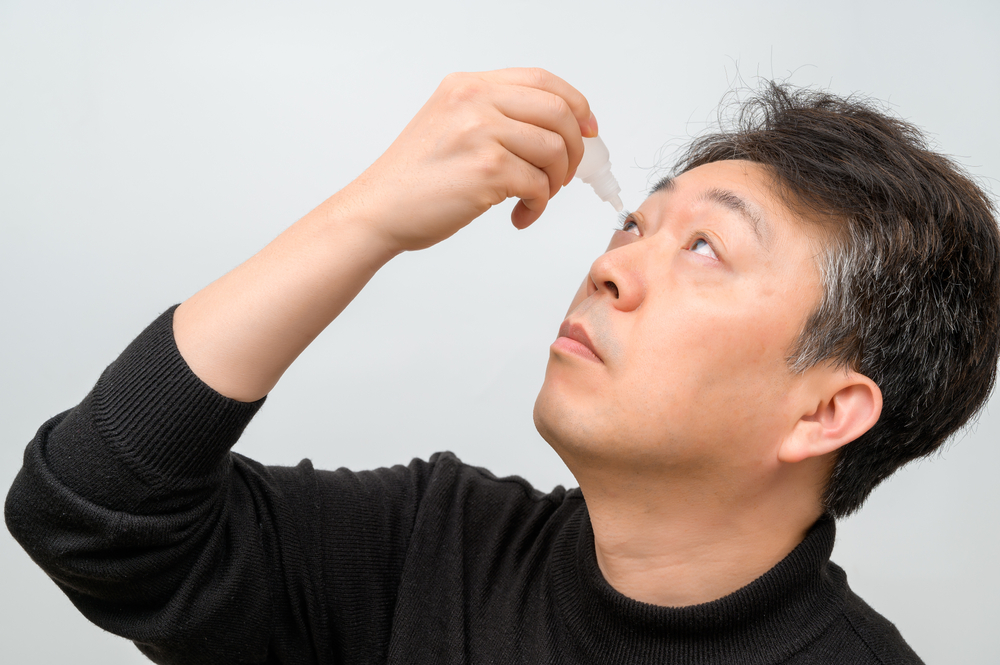

Dry eye syndrome is a condition that develops when your eyes are unable to produce enough tears. Thus, your eyes lack enough lubrication. Tear inadequacy and instability can cause inflammation. As a result, it causes damage to the eye’s surface. Tears are essential because they smooth out the eye's surface. They protect your eyes from getting infections. Tears also wash away foreign things that enter your eyes.
Dry eyes can burn or sting, making you very uncomfortable. You can experience dry eyes all through or during certain seasons. Dry eye syndrome affects most people at a point in their lives.
Causes of Inadequate Tear Production
Low production of tears results to dry eye syndrome. Several factors lead to inadequate tear production, as follows:
Old age - Most women experience this as they age.
Medical conditions - Some conditions are risk factors of getting dry eye syndrome.
Desensitivity of the corneal nerve - Various factors lead to this. Among them are laser eye surgery, the use of contact lenses, and nerve damage.
Certain medications - Certain drugs can reduce the tears you produce.
Symptoms
Below are signs and symptoms of dry eye syndrome:
Blurry vision.
Eye fatigue.
Difficulty driving at night.
Light sensitivity.
Burning, scratchy, or stinging sensation in the eyes.
Stringy mucus in and around your eyes.
Eye redness.
Struggle wearing contact lenses.
Diagnosis
Your doctor will conduct several tests to determine the cause of your dry eyes. A comprehensive eye exam is necessary to check your eye health. Your doctor can also use a schemer test to measure the production of your tears.
Other tests use eyedrops that measure the condition and state of the surface of your eyes. Your eye doctor observes your cornea to analyze how much time it takes for your tears to evaporate. Determining this is possible by checking the patterns that appear on your cornea.
An osmolarity test to measure the composition of your tears helps give a diagnosis. Your doctor can determine the configuration of water and particles in your tears. Tear samples are also necessary to check for markers.
Dry Eye Syndrome Prevention
Dry eye syndrome has no prevention. However, there are measures to prevent your eye from drying up because of environmental factors. Using a humidifier to increase humidity in your surrounding is ideal. It is crucial to wear sunglasses when you step outside to protect your eyes. Avoid smoking to reduce your risk of having dry eyes.
Situations where you blow air in your eyes raise the risk of drying your eyes. Avoid sitting near fans or air conditioners. Also, remember to blink when you read or use your computer for a long time. Finally, regular use of artificial tears can help you keep your eyes moist.
When to See a Doctor
It is advisable to see your doctor if your dry eye syndromes remain for a long time. If you have prolonged signs such as painful, tired, or red eyes, see your eye doctor immediately. Your doctor can do an eye examination and various tests to diagnose the problem. Doing so early helps in the early detection of the issue and ensures early administration of treatment.
For more on dry eye syndrome, visit Atlanta Eye Group at our offices in Alpharetta, Atlanta, and Kennesaw, Georgia. You can call (770) 727-0772 today to schedule an appointment.





